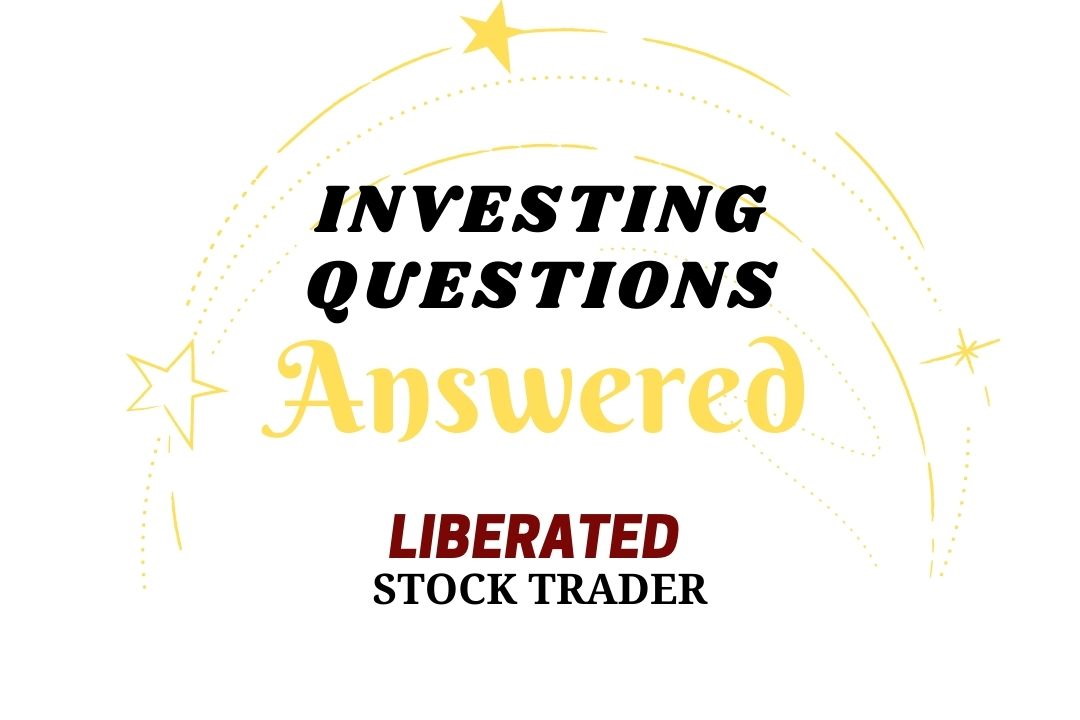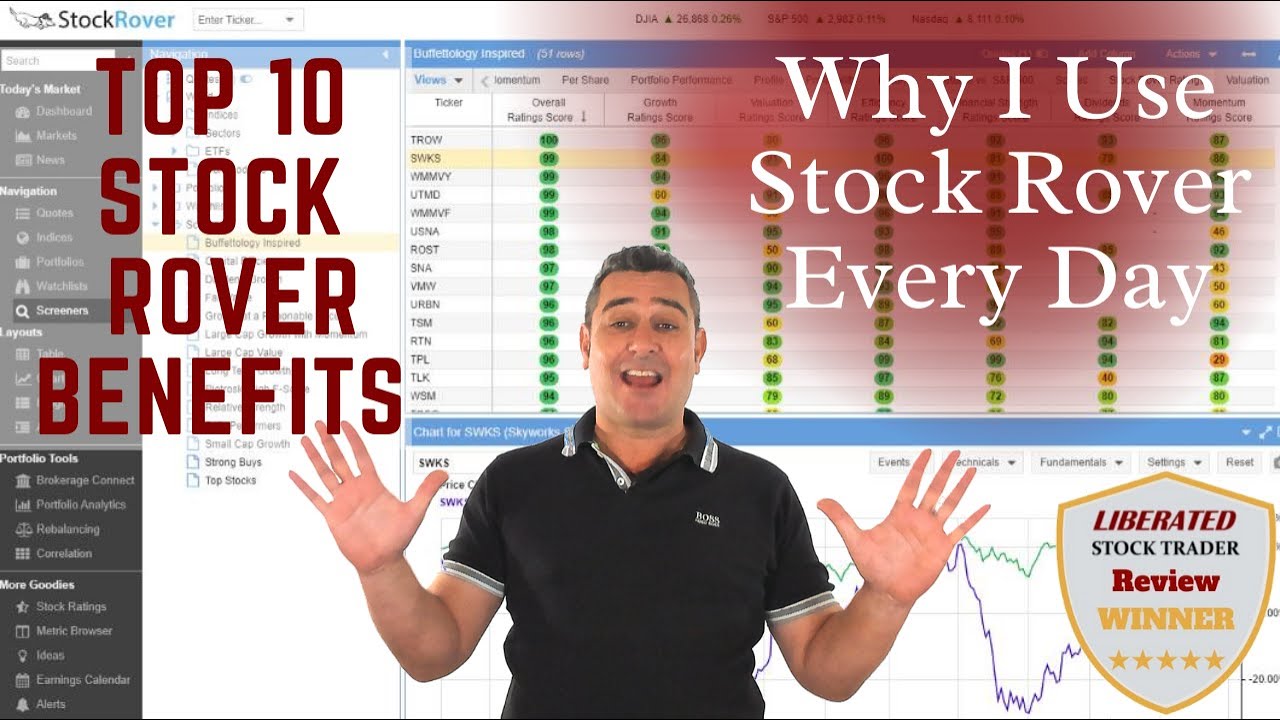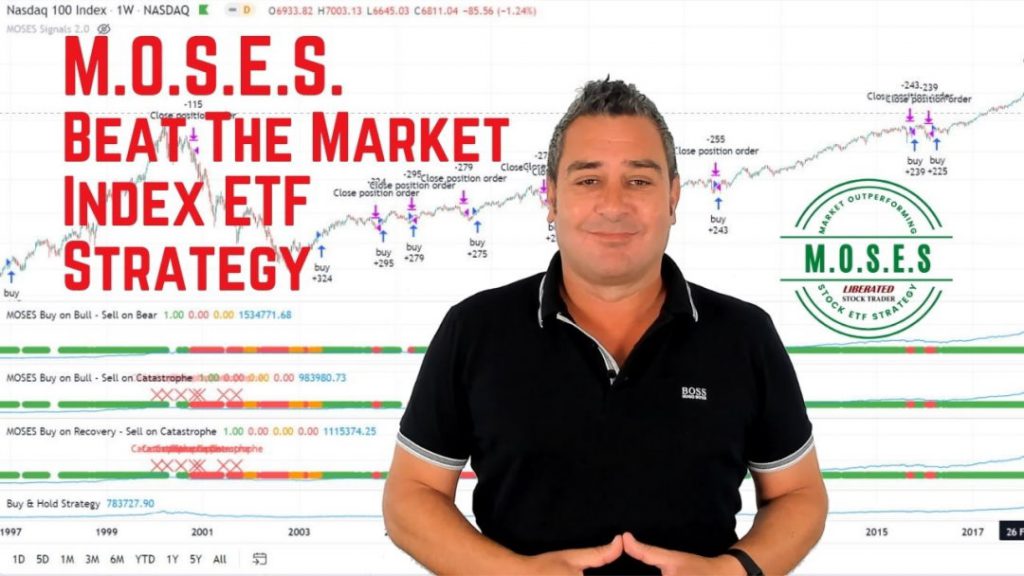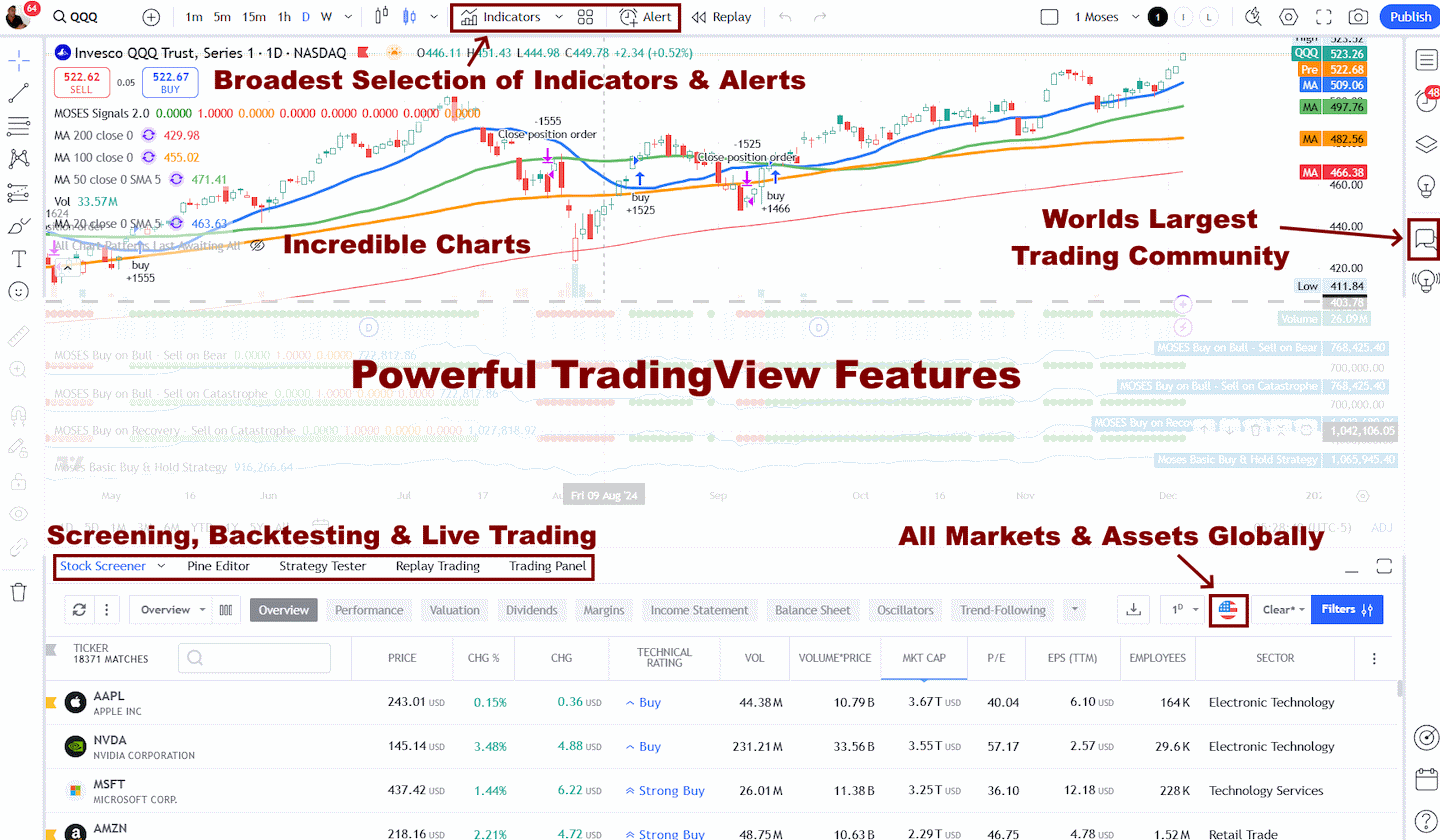When a stock is delisted, the company’s shares are no longer available for trading on the stock exchange.
Delisting can occur due to illiquidity, mergers, takeovers, or bankruptcy and can impact the money shareholders have invested. In general, it is considered a negative event for the company and its shareholders.
Find out how and why delisting happens and how it can affect your investments.
What is Delisting?
Delisting is the process of removing a stock from public trading on a stock exchange. A company’s stock may be delisted if it fails to meet the requirements for continued listing or if it does not resolve any issues that arise with its corporate governance.

Why Do Stocks Get Delisted?
Delisting can happen for various reasons, including failure to meet minimum listing requirements or inadequate liquidity. Additionally, some companies may choose to delist voluntarily to become privately owned instead of publicly traded.
Companies that have been delisted are not necessarily out of business; however, they may be more difficult to trade due to fewer investors and fewer resources available.
How Can I Tell If a Stock Is Delisted?
If you are wondering if a stock has been delisted, the best way to find out is to contact your broker or use online stock trading platforms to research the company’s status. Additionally, most major financial news outlets will report on any stocks delisted, so watch for those.
It is important to note that just because a stock has been delisted does not necessarily mean it is no longer being traded – in some cases, the stock may still be able to be traded over the counter (OTC) or through Pink Sheet listings.
What Happens When a Stock Is Delisted?
When a stock is delisted, the company will be removed from any exchanges it was trading on, and investors will no longer be able to buy or sell company shares. This usually happens when a company has become financially unstable and cannot afford to continue its listing on an exchange. It can also happen if the company does not comply with certain regulations set forth by the exchange.
What Happens To An Investor’s Shares When a Stock is Delisted?
When a stock is delisted, the investor still owns the shares they purchased. However, since it is no longer trading on an exchange, investors cannot buy or sell those shares directly through the exchange.
You want to be a successful stock investor but don’t know where to start.
Learning stock market investing on your own can be overwhelming. There’s so much information out there, and it’s hard to know what’s true and what’s not.
Liberated Stock Trader Pro Investing Course
Our pro investing classes are the perfect way to learn stock investing. You will learn everything you need to know about financial analysis, charts, stock screening, and portfolio building so you can start building wealth today.
★ 16 Hours of Video Lessons + eBook ★
★ Complete Financial Analysis Lessons ★
★ 6 Proven Investing Strategies ★
★ Professional Grade Stock Chart Analysis Classes ★
Can Investors Trade A Delisted Stock?
Yes, there are a few ways to trade a delisted stock. If the company has been moved to the over-the-counter (OTC) market, investors can trade it there. Some companies will also allow their shares to be traded privately between investors. Investors should research and understand the risks associated with buying and selling delisted stocks in these ways.
What Are The Risks of Trading a Delisted Stock?
There are a few key risks to consider when trading delisted stocks. One of the main risks is that it may be harder to find buyers and sellers for the stock, making liquidity more scarce than in regular exchanges. Additionally, there is usually less information about these companies, meaning investors should carefully research before investing.
What Happens if a Stock is Delisted Due to Acquisition or Merger?
If a stock delists because the company is acquired, shareholders will typically receive cash or shares in the new company. However, there are a few additional risks to consider. The volatility of the acquiring company’s stock may affect the stock price, and investors may have to pay taxes on any profits realized from their delisted shares.
Furthermore, it is important to understand how proxy solicitation works before investing in stocks that are part of a merger or acquisition.
What Happens if a Stock is Delisted Due To Bankruptcy?
If a stock delists due to bankruptcy, shareholders are not likely to receive any compensation from the company. Instead, they will need to seek compensation from any court-ordered sale of assets or cash collected by creditors as part of the bankruptcy proceedings. Additionally, investors may have to pay taxes on profits realized from their delisted shares.
In some cases, it is even possible to convert a portion of the delisted stock into equity in the acquiring company, which may be worth more than its original value. Finally, it is important to keep track of all transaction paperwork so taxes can be correctly reported and paid.
Investing In Stocks Can Be Complicated, Stock Rover Makes It Easy.
Stock Rover is our #1 rated stock investing tool for:
★ Growth Investing - With industry Leading Research Reports ★
★ Value Investing - Find Value Stocks Using Warren Buffett's Strategies ★
★ Income Investing - Harvest Safe Regular Dividends from Stocks ★

"I have been researching and investing in stocks for 20 years! I now manage all my stock investments using Stock Rover." Barry D. Moore - Founder: LiberatedStockTrader.com
Why Do Exchanges Delist a Company?
Exchanges delist companies for various reasons, including fraud, bankruptcy, and poor performance. Additionally, the exchange may decide to delist a company if its market capitalization falls below a certain threshold or fails to meet other listing requirements.
Minimum Listing Requirements
Exchanges delist stocks for many reasons. Most exchanges have minimum requirements for stock listing. The NASDAQ Global Market, for example, requires stocks to maintain a minimum share price of $4. NASDAQ also requires a company to have 1.1 million public shares with a market capitalization of at least $8 million.
Stocks that do not meet the minimum requirements will be delisted. The most common reason stocks are delisted is low share value. The NASDAQ will delist stocks that trade for under $4 for 30 days.
Fraud Allegations
Exchanges can also delist stocks if a company is accused of fraud or other illegal activities. The NASDAQ delisted Luckin Coffee in 2020 because of allegations of fake sales figures.
What Happens If a Stock is Forcibly Delisted?
If a stock does not meet listing qualifications, exchange management will give the company time to meet the requirements, usually 80 to 180 days. If requirements are unmet, the exchange will remove the stock at the end of that period.
You can buy, trade, and sell delisted stocks. However, you cannot trade delisted stocks through most brokerages and trading platforms. Most brokerages and platforms will not trade delisted stocks because they consider such shares high risks.
Instead, you must trade delisted stock through the penny or over-the-counter stock market. In the United States, the penny stock market comprises the Over-the-Counter Bulletin Board (OTCBB) and the Pink Sheets.
The OTCBB is an electronic trading service for unlisted stocks offered by the Financial Industry Regulatory Authority (FINRA). The only requirement for OTCBB trading is that the company’s financial statements be current.
Pink Sheets is a quotation service for penny stocks. Most investors consider It too risky because it lists stocks not registered with the Securities and Exchange Commission (SEC).
Beat The Market, Avoid Crashes & Lower Your Risks
Nobody wants to see their hard-earned money disappear in a stock market crash.
Over the past century, the US stock market has had 6 major crashes that have caused investors to lose trillions of dollars.

The MOSES Index ETF Investing Strategy will help you minimize the impact of major stock market crashes. MOSES will alert you before the next crash happens so you can protect your portfolio. You will also know when the bear market is over and the new rally begins so you can start investing again.
MOSES Helps You Secure & Grow Your Biggest Investments
★ 3 Index ETF Strategies ★
★ Outperforms the NASDAQ 100, S&P500 & Russell 3000 ★
★ Beats the DAX, CAC40 & EURO STOXX Indices ★
★ Buy & Sell Signals Generated ★
MOSES Helps You Sleep Better At Night Knowing You Are Prepared For Future Disasters
What Happens When a Foreign Stock is Delisted?
A foreign stock delisted from US exchanges will usually move to the OTCBB or the Pink Sheets like a delisted American stock. When the NASDAQ delisted the Chinese company Luckin Coffee, Luckin’s shares kept trading on the over-the-counter market in the US.
Exchanges can delist foreign stocks for other reasons. The New York Stock Exchange tried to delist three companies with alleged ties to the Chinese military in 2020.
The NYSE took action after former President Donald J. Trump (R-Florida) issued an executive banning Americans from investing in those stocks. It was unclear if Trump’s order was legal, so the NYSE soon relisted those stocks.
If you’re a US investor, you may have noticed that some foreign stocks trade on US exchanges while others don’t. For example, Alibaba (BABA) shares trade on the New York Stock Exchange, while Baidu’s (BIDU) American depositary receipts are listed on Nasdaq.
My thorough testing awarded TradingView a stellar 4.8 stars!
With powerful stock chart analysis, pattern recognition, screening, backtesting, and a 20+ million user community, it’s a game-changer for traders.

Whether you're trading in the US or internationally, TradingView is my top pick for its unmatched features and ease of use.
Explore TradingView – Your Gateway to Smarter Trading!
What Happens When a Stock I Own Is Delisted?
If your stock is delisted, you will still own the shares. However, you cannot sell those shares through most brokerages.
You must sell delisted shares through the over-the-counter or pink sheets market. Selling delisted shares can be difficult because most stock analysts do not research them.
What Happens to My Investment when a Stock is Delisted?
If a stock is delisted, the over-the-counter market will determine its share price. Delisted stocks usually trade for low prices. The bankrupt retailer JC Penney traded for 6₵ a share before going private.
If a delisted company declares bankruptcy, the court can award shareholders proceeds from selling liquidated assets. However, the law requires the court to pay creditors and preferred stockholders first.
What happens to Options if a Stock Delists?
The US Securities and Exchange Commission (SEC) requires options exchanges to delist option contracts when their underlying security is delisted. If your option contract gets delisted, the cash value of the option will be refunded to you upon expiration. You may also exercise your option before expiration if it has intrinsic value.
Delisting can hurt stock options contracts because the market’s liquidity is reduced, and you may find it difficult to close out your position. Additionally, there is often uncertainty about what will happen with pending orders when security delists, so caution should be taken if attempting to trade options. Finally, unexercised options will expire with no value if the underlying stock goes bankrupt. It is important to remember that options trading does involve risk, and you should always be aware of the potential for losses.
If you hold options on a stock that is delisted, you may still be able to exercise your options, depending on the type of delisting and the exchange where the options are traded. For example, you can still exercise your options if a stock is delisted from the New York Stock Exchange (NYSE) but continues to trade on the OTC market. However, if a stock is delisted and ceases trading altogether, you can no longer exercise your options.
Summary
Once a stock is delisted, the company’s shares are no longer available for trading on the stock exchange. Delisting can happen due to illiquidity, mergers, takeovers, or bankruptcy. In delisting, you may or may not be able to exercise your options or sell your stocks depending on the type of delisting and the exchange where the options are traded.

